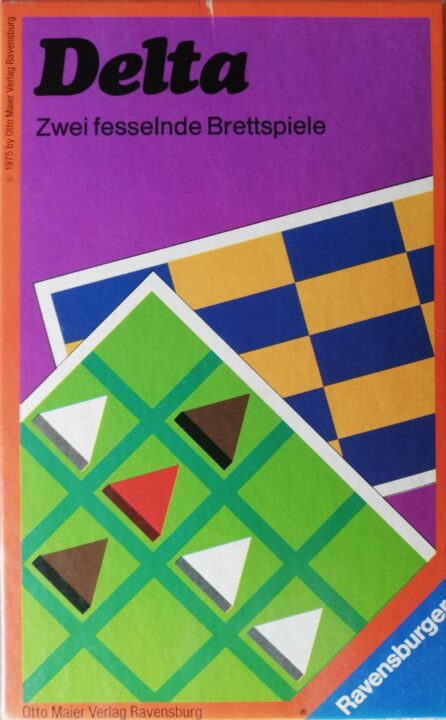Welcome to my review of Delta! If you’re a fan of games where your brain sweats as much as your hands, you’re in the right place. I’ve thrown this game at my usual (and unusual) gaming gang, and after several rounds of me being both a sneaky genius and hopeless loser, I’m ready to spill the beans. From arguing over resource cubes to gasping at the flashy game board, my group and I poked, prodded, and probably broke every unspoken rule of polite play. Here’s what happened—and whether you should add it to your shelf of glory or keep your wallet zipped up.
How It Plays
Setting up
Put the main board in the middle of the table (unless you want a fight). Hand every player their own set of pieces, tokens, and a player board. Shuffle the cards, set out resources, and pile up all the mysterious little bits that will soon spill everywhere. Randomly choose who goes first—the person wearing the most blue gets my vote.
Gameplay
Each turn, pick and perform an action—move, gather resources, or complete missions. Watch your rivals like a hawk, because everyone chases the same goals and nothing says friendship like stealing someone’s perfect spot. Clever timing and some sneaky bluffing help a lot. There’s just enough luck involved to keep everyone on edge, but not enough to ruin your plans (most days).
Winning the game
The game ends after a set number of rounds or when someone pulls off a grand finale. Count up your points from resources, completed missions, and all the clever moves you made while pretending you knew what you were doing. Highest score wins, and earns bragging rights—at least until the next round.
Want to know more? Read our extensive strategy guide for Delta.
Gameplay Mechanics and Player Interaction in Delta
Alright, so let’s talk about what it’s actually like to play Delta. If you’ve ever tried herding cats while juggling pancakes, you’ll be ready for the chaos that sometimes happens around the table. In Delta, you’re moving all over the board, collecting resources, and trying to out-think your friends at every turn. It’s like a resource management game, but with enough twists that I had to rethink my whole “just collect all the wood” strategy after my buddy Rob crushed me with a sneaky move involving artifacts. That’s not happening again, Rob. Not on my watch.
The real star of Delta’s mechanics is its action selection system. Each turn, you get a menu of things to do, but you can’t do them all. This led to some very intense staring contests with my friend Lucy, as we tried to guess what the other would pick. I would call it a mind game, but honestly, her poker face is terrifying and I lost most of them. If you love games where players interact and mess with each other’s plans, Delta really shines—blocking moves, snatching resources, and occasionally forming short-lived alliances that dissolve the moment someone pulls ahead. We had a lot of laughs (and one grudge match that’s still ongoing… sorry, Steve).
Delta also encourages players to watch the board and adapt. If you charge in with a fixed plan, you’ll end up flat on your face—or at least last in points, which feels about the same. So, every playthrough feels fresh because people try weird stuff, and the game lets you react. You’ll never have two rounds that are exactly the same, unless you’re all robots.
Before you leap onto the Delta bandwagon, make sure you know how this all mixes with skill and luck—we’ll get into that next!
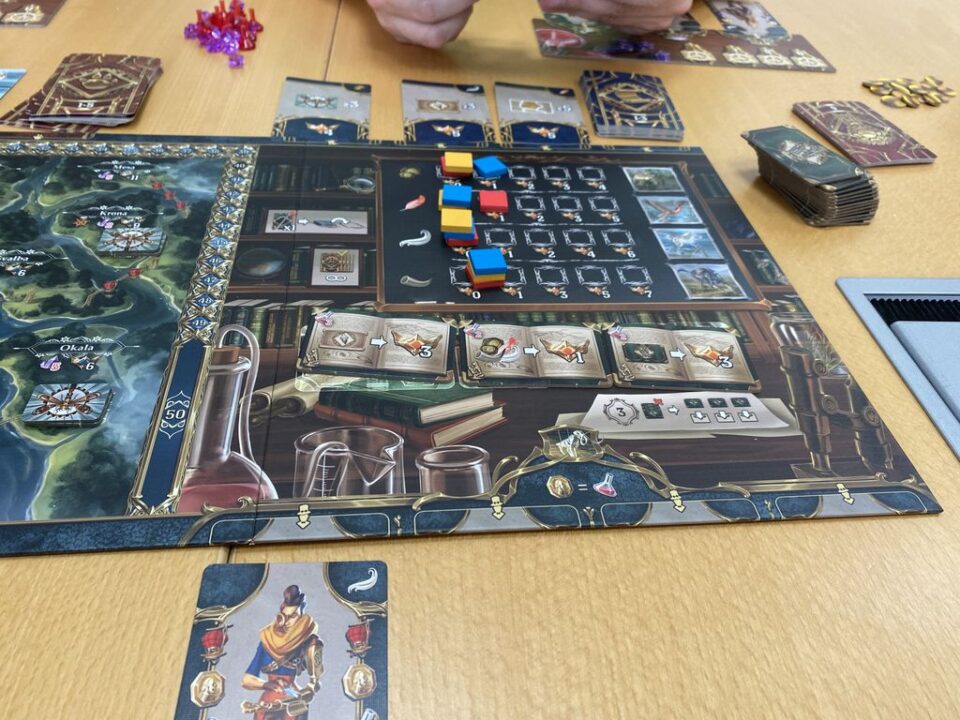
Is Delta Fair? Skill vs. Luck in the Wild Wild Wetlands
Let me tell you about the wild world of Delta, where beavers and humans fight over resources and, apparently, bragging rights. I’m always on the hunt for games that reward my best moves, not just a lucky dice roll. When I played Delta with my group (three of us, one suspicious raccoon), we spent the first round feeling clever… and a little suspicious, too. The question on everyone’s mind was, is skill the boss here, or does Lady Luck get a say?
Delta gives you tools to plan. The action selection system lets you plot a path and surprise your friends (and enemies, like Steve, who always claims he’s not planning anything shady). But, there’s a dash of randomness in the draw decks and some results from event cards. I found that you can prepare and scheme—for example, building backup boats or hoarding certain tokens—but sometimes fate throws a wrench, or a raccoon, right into your best-laid plans.
In my final showdown, I lost to a surprise event that tanked my points. Did it make me flip the table? Nope. Did I sigh and glare at the event deck? Yes, but I laughed, too. Delta walks a tightrope between letting you strategize and letting luck mess you up. If you hate games with any randomness, watch out! For most people, I think Delta strikes a good balance, but a bad card can still mess with your plans, so skill players, beware.
And now, let’s see if Delta keeps things fresh and how long it takes before someone falls asleep at the table. Replayability and game length up next!
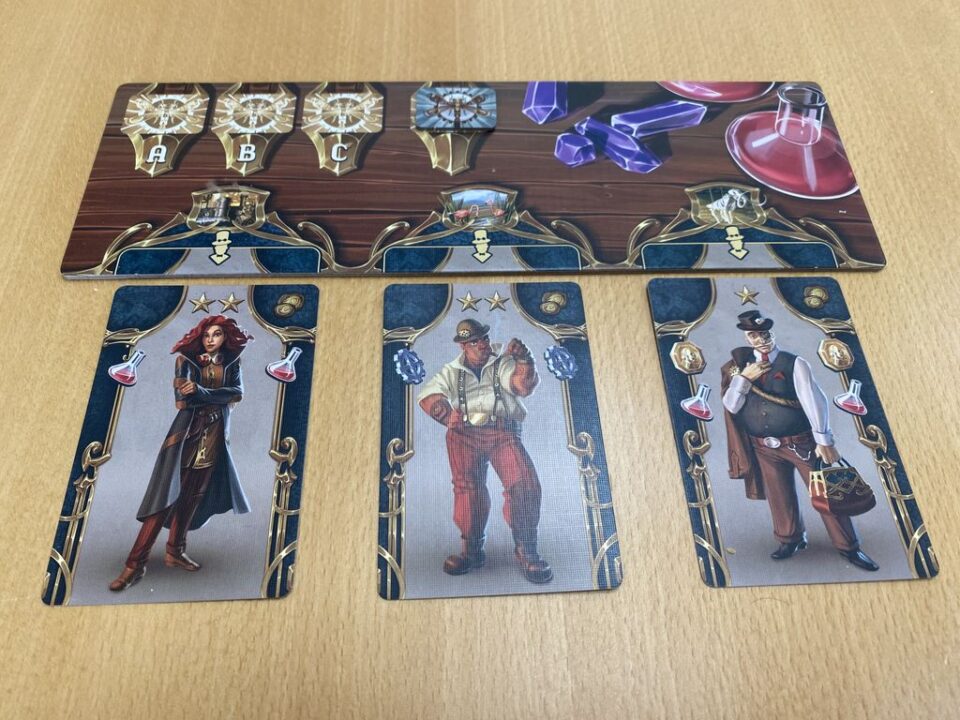
Is Delta Worth Replaying? A Look at Replayability and Game Length
Alright, let’s talk about how many times you can get Delta on the table before your friends start groaning every time you suggest it. Good news: Delta has some serious replayability. The setup changes from game to game, thanks to the variable cards and random events. This means you won’t see the same strategies steamroll their way to victory each time. Even Barry, who always tries to turtle in the corner, has to adapt his plans. (Sorry, Barry!)
Delta clocks in at about 90 minutes with four players, which hits the sweet spot for my taste. It’s not a marathon slog, but you’re not done so quickly that it feels rushed. The pacing keeps everyone engaged, even the friend who can’t go five minutes without checking their phone. With two players, the game speeds up, but I think it shines brightest with three or four. The competition and chaos level up just right.
There’s enough randomness in setup and event cards to keep things feeling fresh. You won’t get bored after a couple games—a huge plus in my book. If you love games with tons of expansions to stretch out the fun, Delta might not be the never-ending buffet you’re after, but it’s a solid main course for game night.
Stay tuned, because next up we’ll get hands-on with Delta’s components and see if it really has the wow factor when you set it up on your table. Prepare for a cardboard beauty pageant!
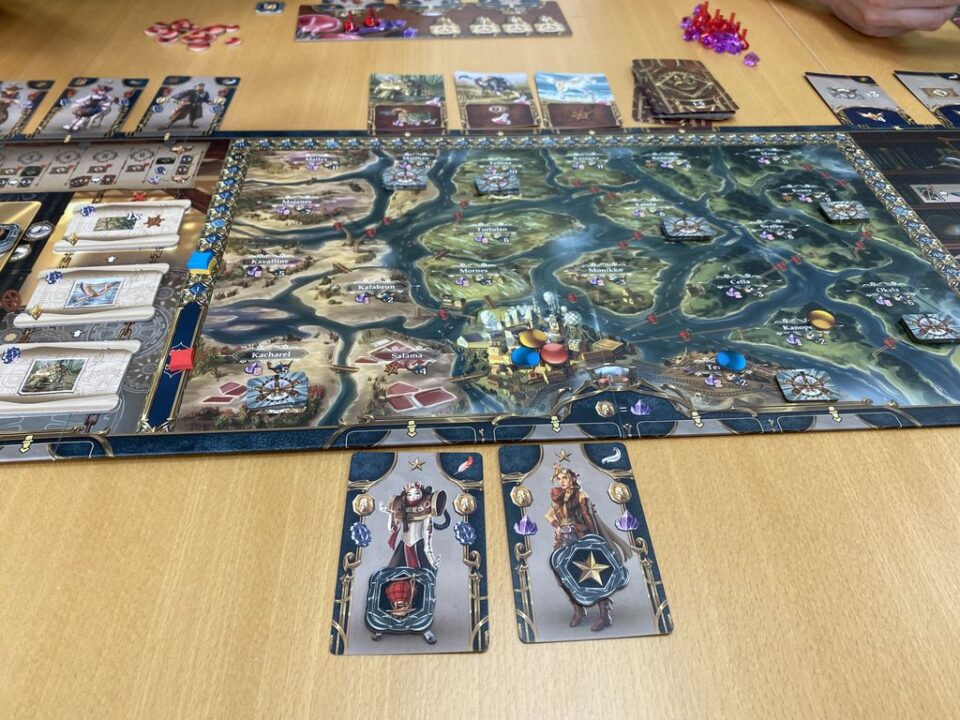
Delta: Components That Dazzle and a Board That Demands Attention
Let me get one thing out of the way: when you pop open the box of Delta, your table will turn into a scene straight out of a sci-fi movie. The game boards are thick and sturdy, which is perfect, because my clumsy friend Becky is basically a human tornado. Even after her latest soda spill, the main board was still in one piece. The artwork is so colourful and vivid that it looks like the artist actually enjoyed painting every tiny detail. I wish my high school notebooks looked this cool.
Tokens in Delta feel solid, not cheapy cardboard you could accidently eat if hungry enough. Everything snaps right into place and nothing warps, even when my cat decided to take a nap in the game box. The cards have a nice finish on them, and trust me, after several shuffles (and a suspicious amount of potato chip grease), they’re still going strong. Player pieces are chunky and easy to grab. No micro-sized fiddly bits that end up under the couch. Big win there.
Let’s talk table presence. This game spreads out like it owns your living room. Delta looks so impressive mid-game that people who aren’t playing will wander by and ask, “What is THAT?” It’s got that WOW factor, folks. If you want a centerpiece for game night that delivers on looks and build, Delta is an easy pick. I absolutely recommend it if you care about bling and durability in your collection. Your table AND your eyes will thank you.
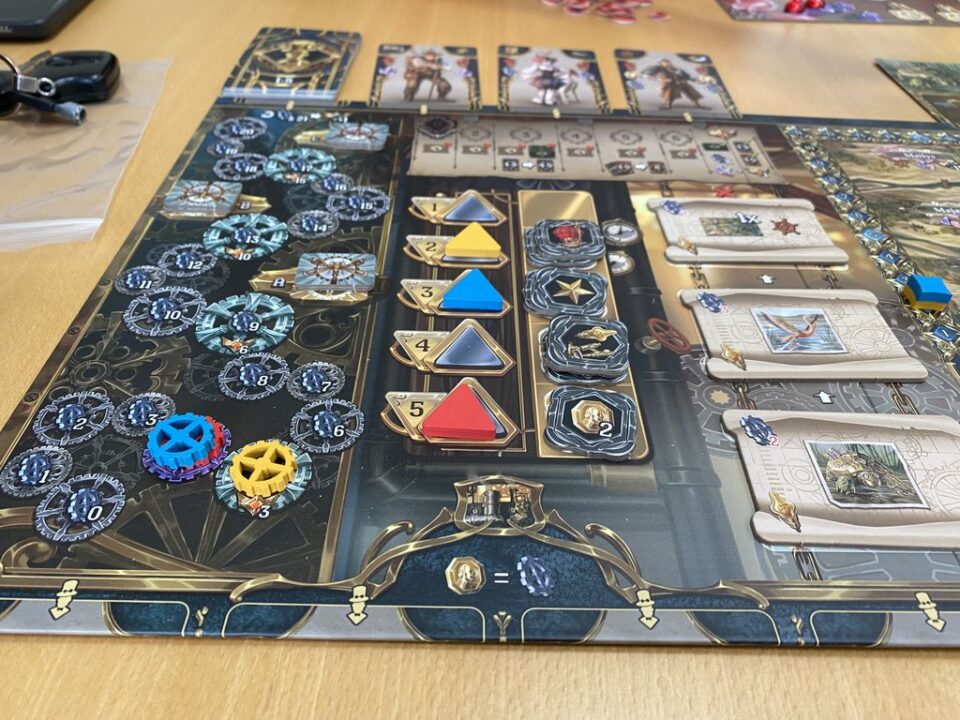
Conclusion
So, there we have it—my thoughts on Delta after way too many evenings squabbling over resources and suspiciously eyeing my friends. The game looks great, plays smooth, and gives you that sweet rush of planning out clever moves. Sure, sometimes a random event will ruin your masterplan, but hey, that just means you get to blame your defeat on fate and not your own silly mistakes, right? If you like smart games with plenty of decision making, Delta won’t let you down. If you hate luck’s rude interruptions, just know they show up from time to time, but not enough to ruin the fun. I had a good time and I think most board game fans will too. That wraps up my review—now, who’s up for a rematch?

